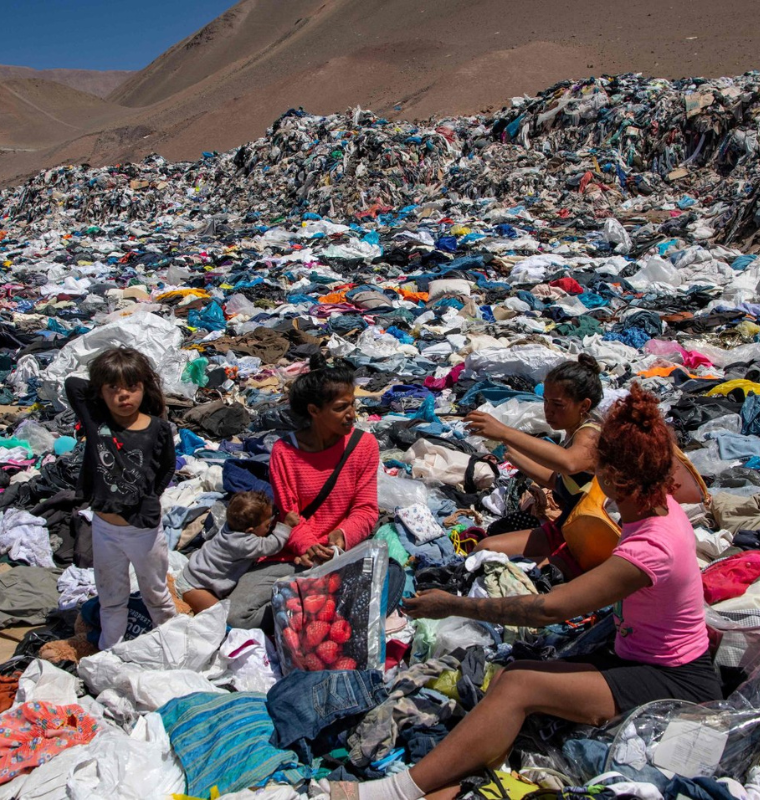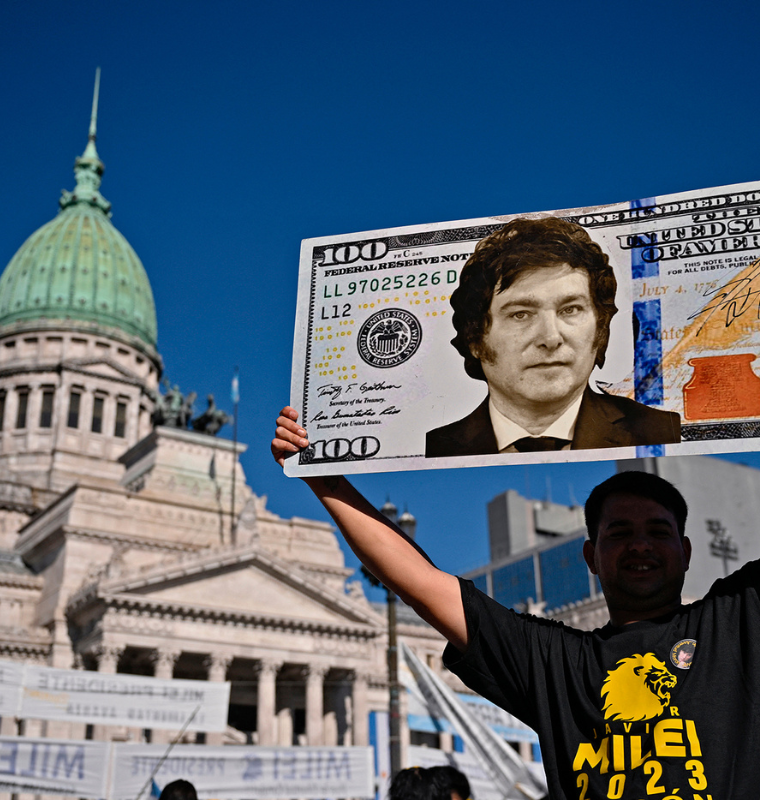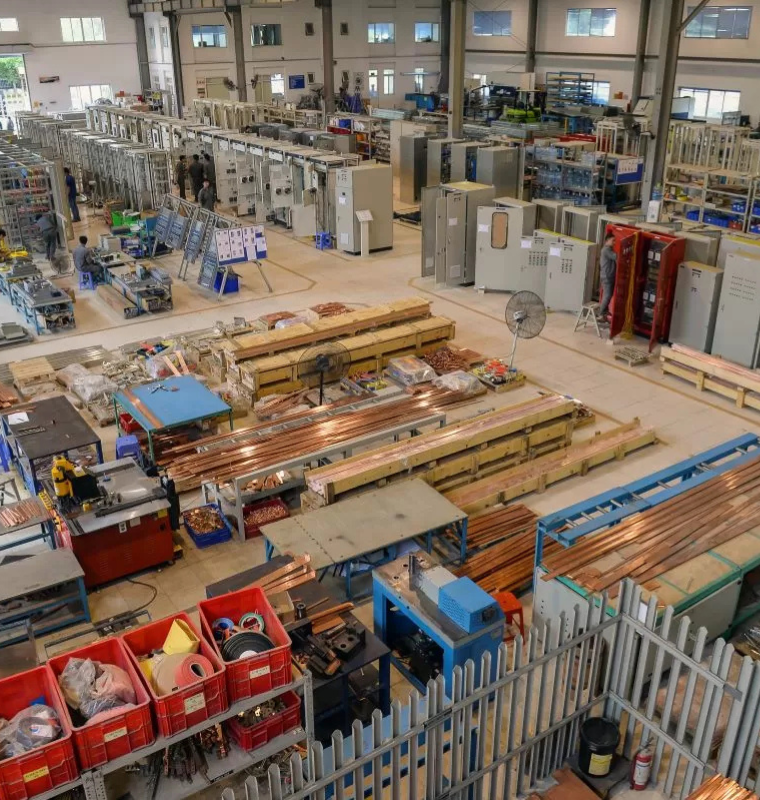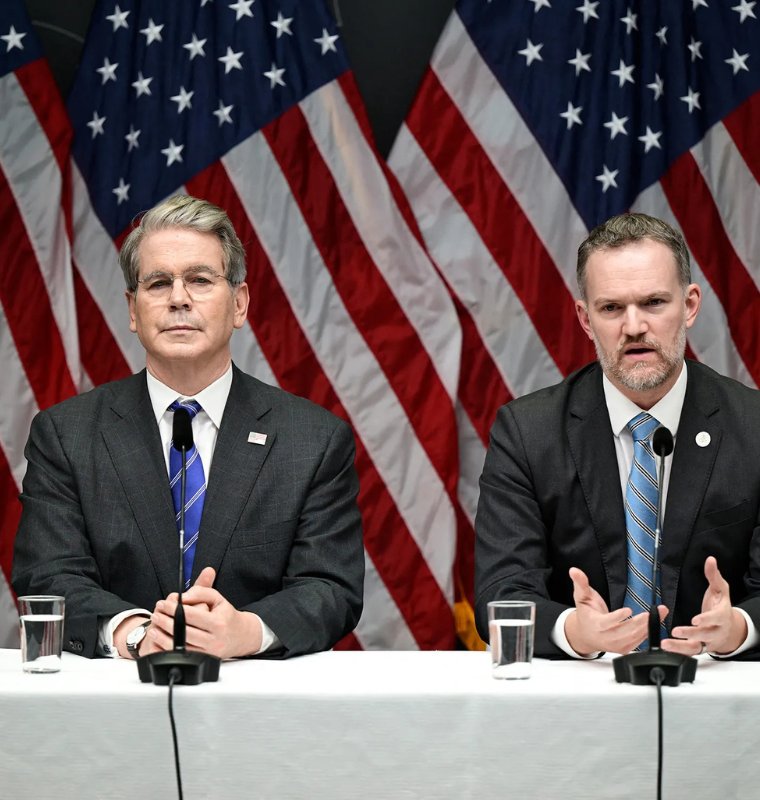Trump’s Bid to Break China’s Mineral Monopoly Sparks a Deep-Sea Gold Rush
Trump’s Bid to Break China’s Mineral Monopoly Sparks a Deep-Sea Gold Rush
By
Calder Monroe
Last updated:
May 15, 2025
First Published:
May 15, 2025
.webp)
Source: The Guardian
In a bold move to diminish China’s grip on strategic minerals, the Trump administration has set the wheels in motion for a deep-sea mining boom. A sweeping executive order, signed in April, aims to expedite mining operations in U.S. and international waters. This unprecedented push could unlock access to billions of tons of polymetallic nodules, rich in essential minerals crucial for various industries.
This executive order is seen as a critical step to reduce U.S. reliance on China for rare minerals. However, it also raises serious questions about legalities and environmental impacts, as the international community debates the broader implications.
The Strategic Push for Mineral Independence
The U.S. move to fast-track deep-sea mining comes as China maintains a stronghold on the global supply of rare minerals. These metals are essential for everything from green technology to defense systems. The polymetallic nodules targeted by the new mining ventures contain key elements like:
- Cobalt
- Nickel
- Copper
- Manganese
According to Gerard Barron, CEO of The Metals Company (TMC), the potential is enormous. "There is zero chance that this will not happen," Barron asserted, highlighting the certainty brought about by the executive order. The U.S. National Oceanic and Atmospheric Administration (NOAA) also lauded the move, calling it the dawn of a new "gold rush" on the ocean floor.
Seabed Mining: Economic Potential and Industry Buzz
Following Trump’s executive order, TMC immediately applied for a commercial license to mine the ocean floor. If granted, this would make TMC the first company to receive permission to extract minerals from international waters. The company has reported a surge in investor interest, as businesses see significant growth potential.
Barron emphasized that the executive order has transformed the investment landscape for deep-sea mining. “Investor interest has been phenomenal since the order,” he noted. TMC aims to become a leader in extracting seabed minerals, especially as global demand for sustainable tech materials continues to rise.
Legal and Environmental Controversies
While the U.S. administration is optimistic, the move has sparked backlash from various quarters. China’s foreign ministry condemned the executive order, labeling it a violation of international law and a threat to global cooperation. The International Seabed Authority (ISA), which oversees mining regulations in international waters, has reiterated its position as the sole legal authority on seabed mining.
Environmental groups have also voiced strong objections. Danielle Fugere, president of As You Sow, expressed deep concerns about the potential ecological impact. “We are extremely worried about the executive order and its implications for marine ecosystems,” Fugere stated. Deep-sea mining involves removing mineral-rich nodules from the ocean floor, a practice that scientists warn could irreparably damage unique underwater habitats.
The International Debate
The ISA has been working for years to develop a rulebook for managing seabed mining, but progress has been slow. In contrast, the Trump administration’s decisive action has put pressure on international bodies to establish clear regulations.
Maria Jose (Majo) Valverde, a biodiversity and sustainability analyst at Eurasia Group, noted that the U.S. move could significantly alter the global political landscape. “This order could shake up the geopolitical boardgame, especially since the U.S. has already pulled out of key climate agreements like the Paris Accord,” Valverde explained.
Experts also point out that if the U.S. proceeds independently, other countries may form alliances to regulate deep-sea mining collectively. This could include strategies to limit the purchase of U.S.-extracted minerals or to create bilateral agreements that bypass American mining efforts.
A Clash of Economic Ambitions and Environmental Ethics
While the economic rationale for deep-sea mining is clear, the environmental concerns are equally pressing. Advocates argue that mining the seabed could lessen dependence on terrestrial mining, which is often more disruptive to communities and ecosystems.
However, scientists caution that deep-sea mining’s full environmental impacts are still unknown. The practice could disturb deep-ocean biodiversity and potentially release toxic elements into marine ecosystems. TMC has pledged to minimize these risks, promising comprehensive environmental impact assessments.
A Precarious Path Forward
Trump’s executive order to promote deep-sea mining is undoubtedly a game-changer in the mineral resource sector. As the U.S. moves forward, the world watches closely. The ultimate challenge lies in balancing economic ambition with environmental responsibility, while navigating the intricate web of international regulations.
While some industry leaders see the order as a breakthrough, the environmental and geopolitical ramifications make it a highly contentious move. The global community now faces a critical decision: How to regulate a potential deep-sea gold rush without sacrificing the health of our oceans.
Popular articles
Subscribe to unlock premium content
Fashion Waste and Sustainability in Fast Fashion Are Forcing a Global Industry Reboot

The Rise and Fall of Argentina’s Economy Reflects a Cycle of Promise and Crisis

Vietnam’s Manufacturing Boom Is No Accident and It’s Just Getting Started

Fashion Waste and Sustainability in Fast Fashion Are Forcing a Global Industry Reboot

The Rise and Fall of Argentina’s Economy Reflects a Cycle of Promise and Crisis

Fashion Waste and Sustainability in Fast Fashion Are Forcing a Global Industry Reboot









